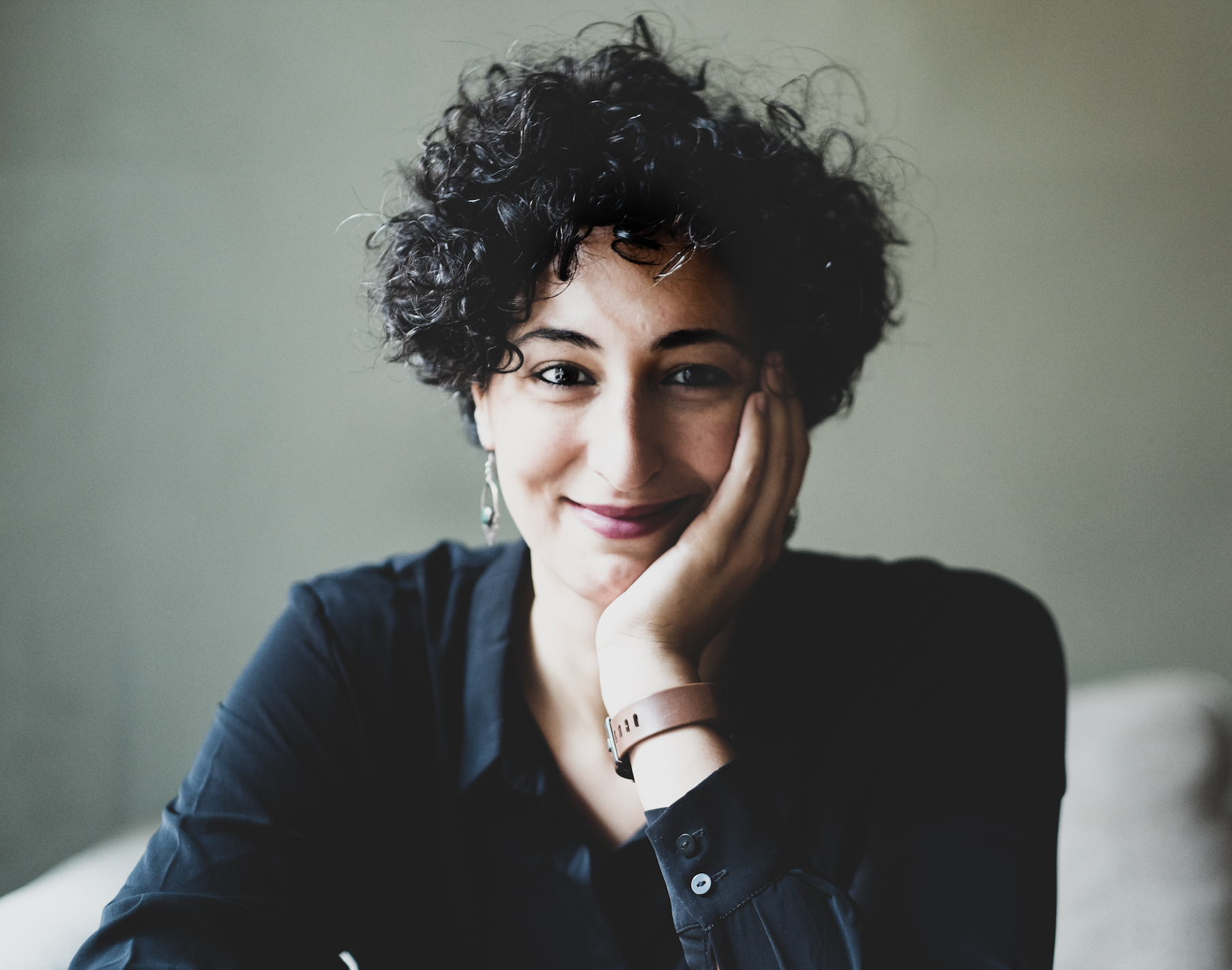Join us for an online talk by Yasmeen Daher as part of the Why Germany series of lectures.
Date: June 25 - 7:00PM (GMT+3)
Zoom link: https://us02web.zoom.us/j/4465978951
Strategies for the future
A collective assessment and discussion on the Palestine solidarity movement in Germany (specifically in Berlin) after 9 months: Where are we heading? and what are the strategies, languages, support-system visions that we need?
Yasmeen Daher
A Palestinian writer and academic, she holds a PhD in Philosophy from the University of Montreal, Canada, with a specialization in political philosophy and ethics. She has worked as a lecturer and researcher at Birzeit University in Palestine and Concordia University in Canada. She is actively involved in various political and feminist movements. She currently serves as the director of Febrayer’s Network, a network for independent media organizations in the Arab world.
Why Germany
This online lecture series responds to the crackdown on free speech in Germany and elsewhere. By means of a rolling program of online speakers, it creates a space for creative, informed and considered expression, without fear of repression or antagonism. A program of this kind might help exert pressure on decision-makers at universities and cultural venues within Germany, banking on reputational concerns among professional peers. Importantly, it would move beyond critique alone, to propose strategies for the future: which languages, alliances, policies and support systems might ensure a measure of autonomy in the longer term?
Within Germany, some of the most effective actors in the intimidation of Palestinians and their allies over recent months have been cultural venues, art schools and universities. The hostility towards advocacy for Palestinian lives has surpassed recent escalations across Europe or the USA: the political lockstep is more thorough, the language more hateful, the measures more extreme. To explain this development, some point to Germany’s performative “philosemitism" on the international stage. Others point to the systematic subordination of immigrant voices to German priorities, despite the provincializing consequences. Such trends now dovetail with more recent ones - including a global shift towards racialized authoritarianism. With the help of historical perspectives and specific case studies of art schools and universities, this series addresses the ongoing eclipse of free speech and its ramifications for an exceptionally rich cultural landscape. It also addresses the consequences for its neighbors and allies - and for Palestine itself. Beyond case studies, the series can address the politics of memory in Germany, the weaponization of antisemitism, the attack on postcolonialism as a political project, the history of Zionism, transnational comparisons and more.









